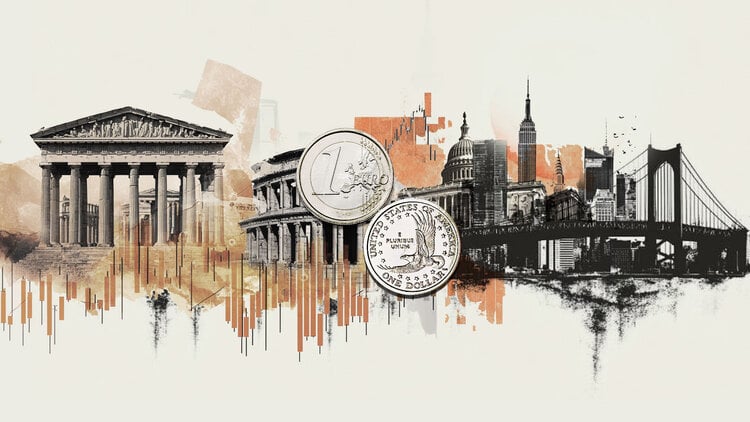Speaking on the interest rates outlook in an interview on the sidelines of the European Central Bank (ECB) Forum on Central Banking in Sintra, Portugal, on Tuesday, ECB policymaker Pierre Wunsch said that “if we would have to move, it would be down.”
ECB policymaker Gediminas Šimkus noted: “I don’t know if we’ll have all the information, we need by September, but I remain open to every possibility.”
Simkus added: “I believe a move, if any, is more likely towards the end of the year.”
Meanwhile, Governing Council member Jose Luis Escriva said that a “symmetric 2% goal should remain ECB’s primary guide.”
Market reaction
The EUR/USD pair is trading flat near 1.1785 following these comments.
ECB FAQs
The European Central Bank (ECB) in Frankfurt, Germany, is the reserve bank for the Eurozone. The ECB sets interest rates and manages monetary policy for the region.
The ECB primary mandate is to maintain price stability, which means keeping inflation at around 2%. Its primary tool for achieving this is by raising or lowering interest rates. Relatively high interest rates will usually result in a stronger Euro and vice versa.
The ECB Governing Council makes monetary policy decisions at meetings held eight times a year. Decisions are made by heads of the Eurozone national banks and six permanent members, including the President of the ECB, Christine Lagarde.
In extreme situations, the European Central Bank can enact a policy tool called Quantitative Easing. QE is the process by which the ECB prints Euros and uses them to buy assets – usually government or corporate bonds – from banks and other financial institutions. QE usually results in a weaker Euro.
QE is a last resort when simply lowering interest rates is unlikely to achieve the objective of price stability. The ECB used it during the Great Financial Crisis in 2009-11, in 2015 when inflation remained stubbornly low, as well as during the covid pandemic.
Quantitative tightening (QT) is the reverse of QE. It is undertaken after QE when an economic recovery is underway and inflation starts rising. Whilst in QE the European Central Bank (ECB) purchases government and corporate bonds from financial institutions to provide them with liquidity, in QT the ECB stops buying more bonds, and stops reinvesting the principal maturing on the bonds it already holds. It is usually positive (or bullish) for the Euro.

